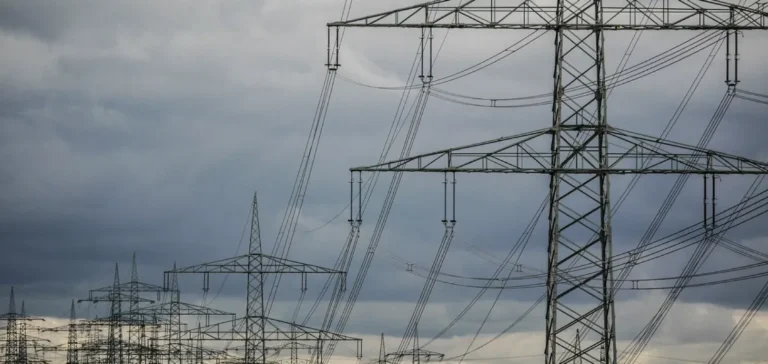A major reform of the electricity grid fee structure in Germany, led by the Federal Network Agency (Bundesnetzagentur), could significantly disrupt the battery energy storage systems (BESS) sector. The authority is currently considering ending the existing exemption from grid charges granted to these systems starting in 2029, raising concerns among several companies in the sector.
Regulatory uncertainties on the German market
More than 20 German companies active in the energy storage value chain, including Elements Green Limited, have recently published a joint position paper calling for an extension of the current exemption for BESS until 2034. The document particularly emphasises the necessity of ensuring regulatory stability and investment security in a context where these storage systems are deployed without public subsidies. Currently, battery storage systems freely participate in energy markets and balancing services, help alleviate network congestion, and reduce redispatching costs.
However, according to these companies, prematurely applying grid fees calculated on energy consumption could compromise the optimal economic operation of these installations. They argue that the introduction of these fees could create conflicts of usage between the different functions of energy storage—commercial, grid, and system services—jeopardising the profitability of the projects involved.
Regulatory criteria to be defined
Moreover, the document highlights difficulties in immediately implementing pricing based on installed capacity, due to the current lack of uniform definitions and precise criteria to evaluate “grid-serving behaviour” (Netzdienlichkeit). According to these companies, it is crucial to clearly define these criteria before gradually integrating battery storage into specific pricing.
The industry thus proposes a gradual approach, suggesting an extension of the current exemption until 2034, in order to secure investments and allow experimentation and implementation of pilot projects with regulator support. This transitional period would enable the development of a precise regulatory framework taking into account the specificities of battery storage.
A strategic infrastructure at stake
Michael Zimmermann, Managing Director of Elements Green Germany, stated: “Battery storage is not a traditional consumer; it is a prerequisite for a stable electricity grid based on renewable energies. Those investing in this flexibility today are preparing tomorrow’s energy security. What we need is reliable long-term regulation, not short-term policy shifts.”





















